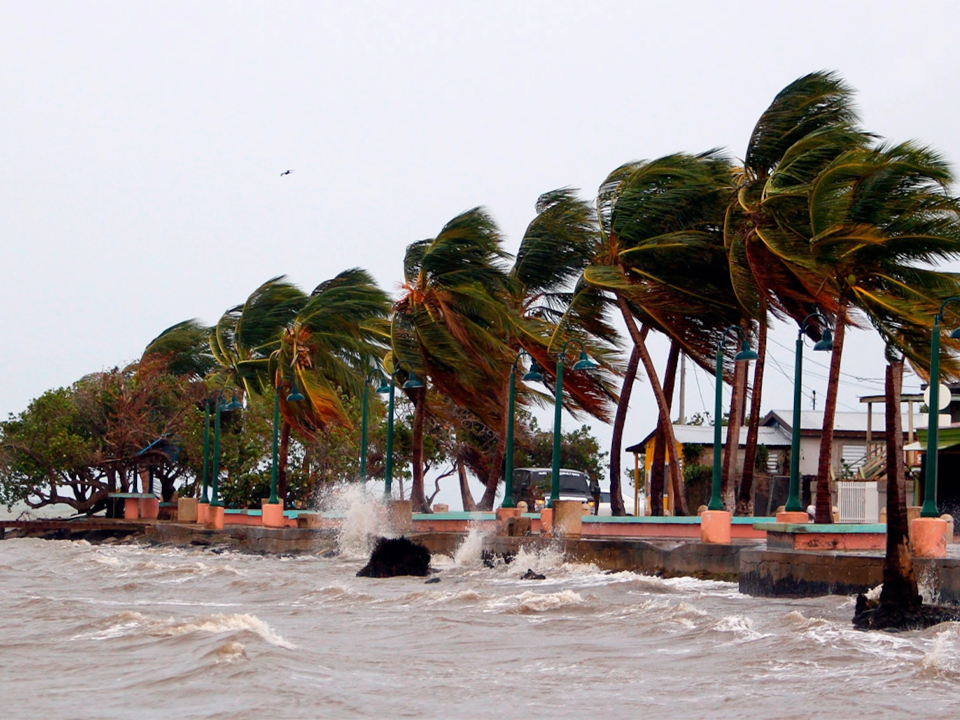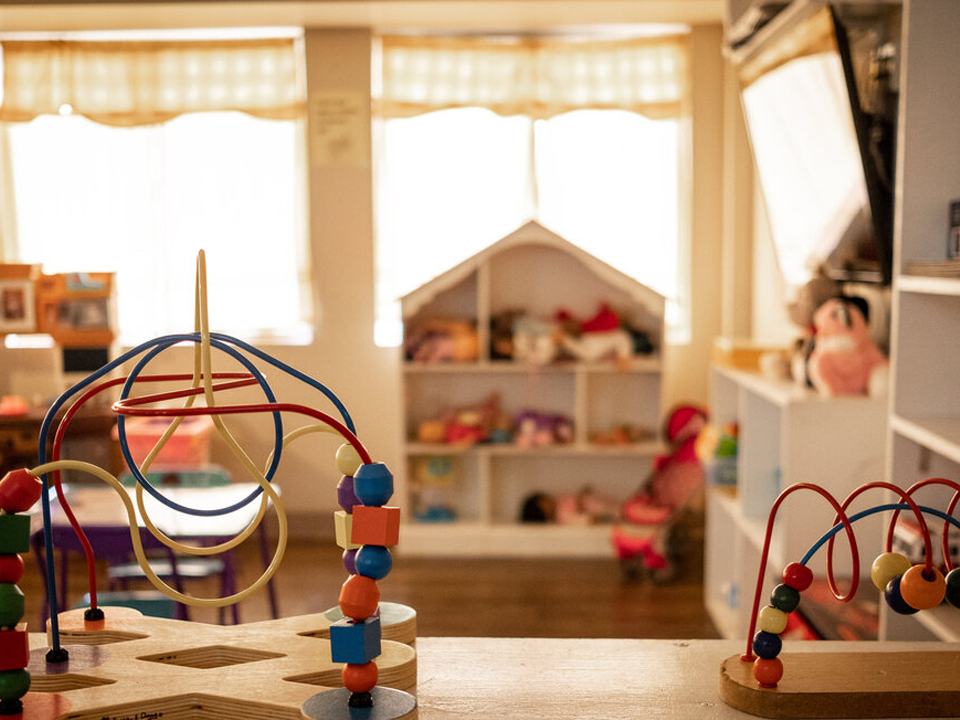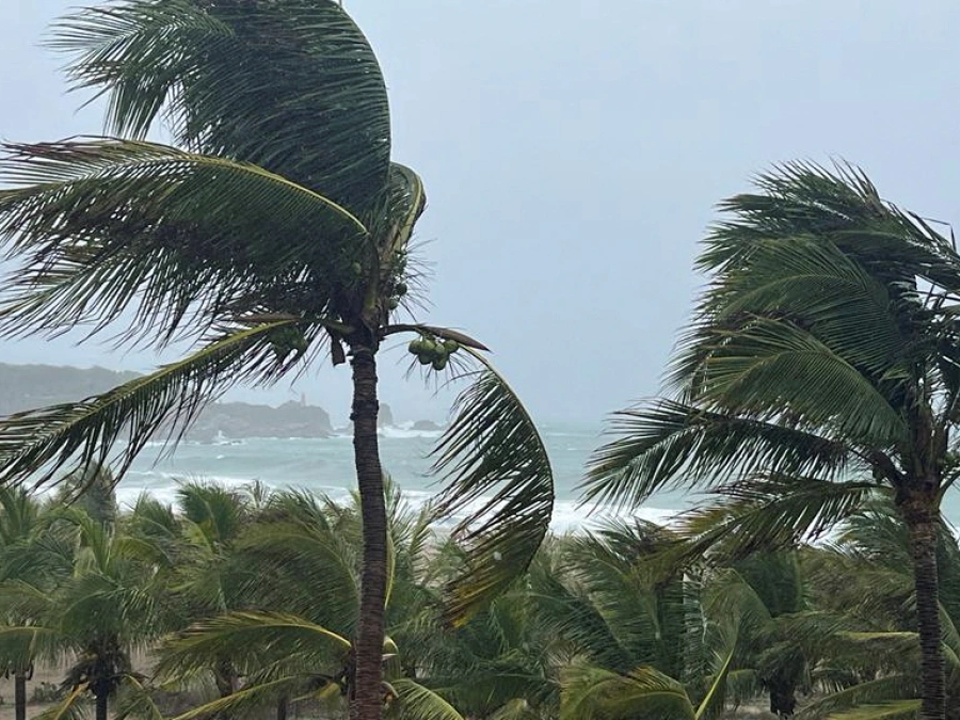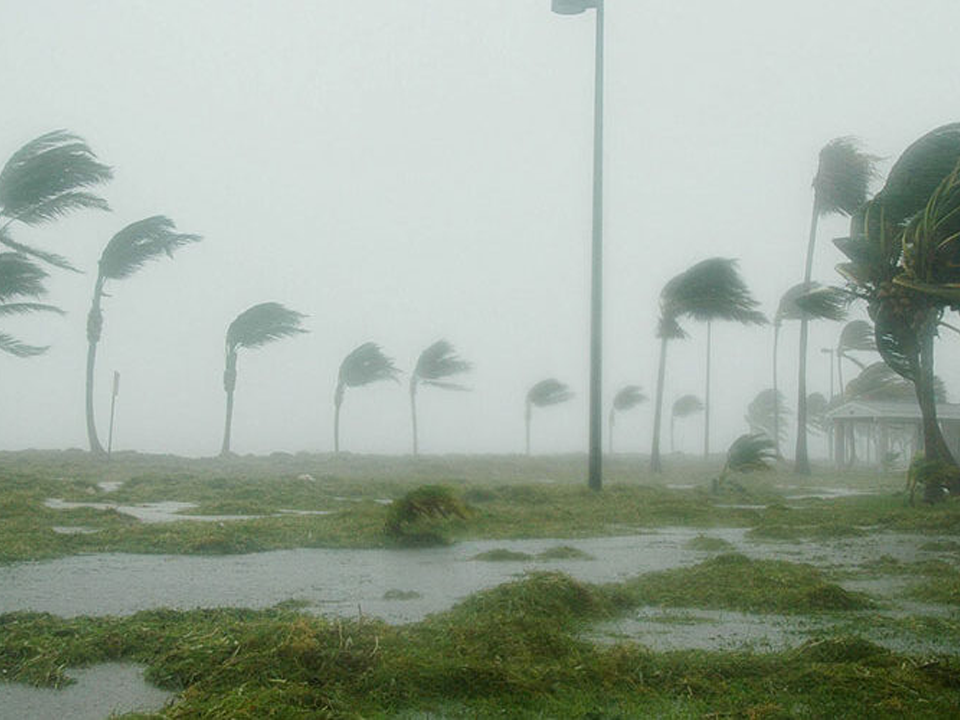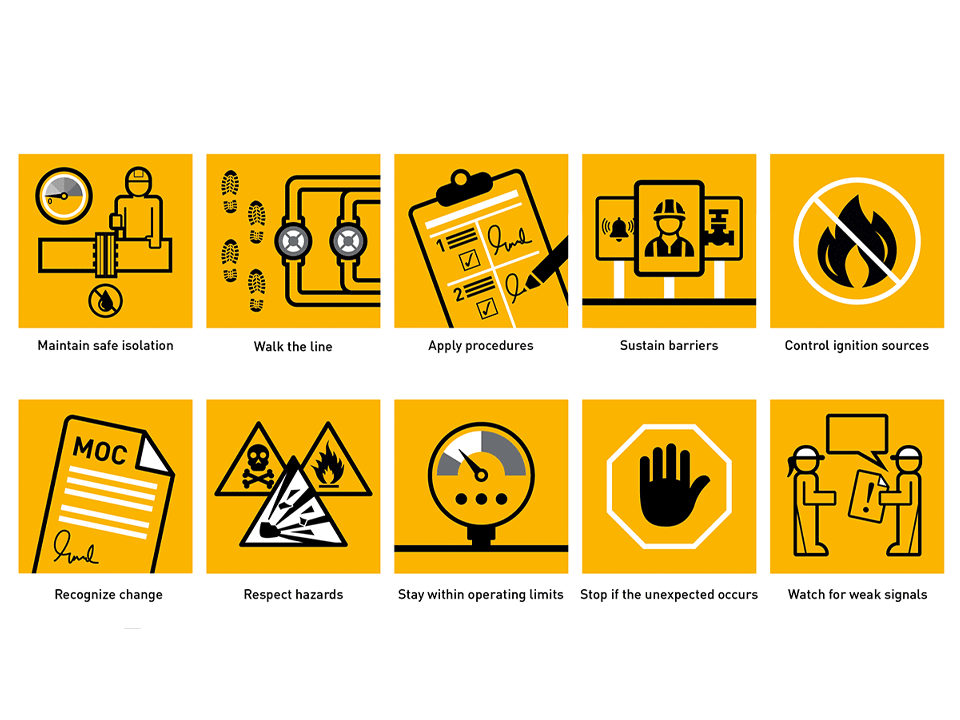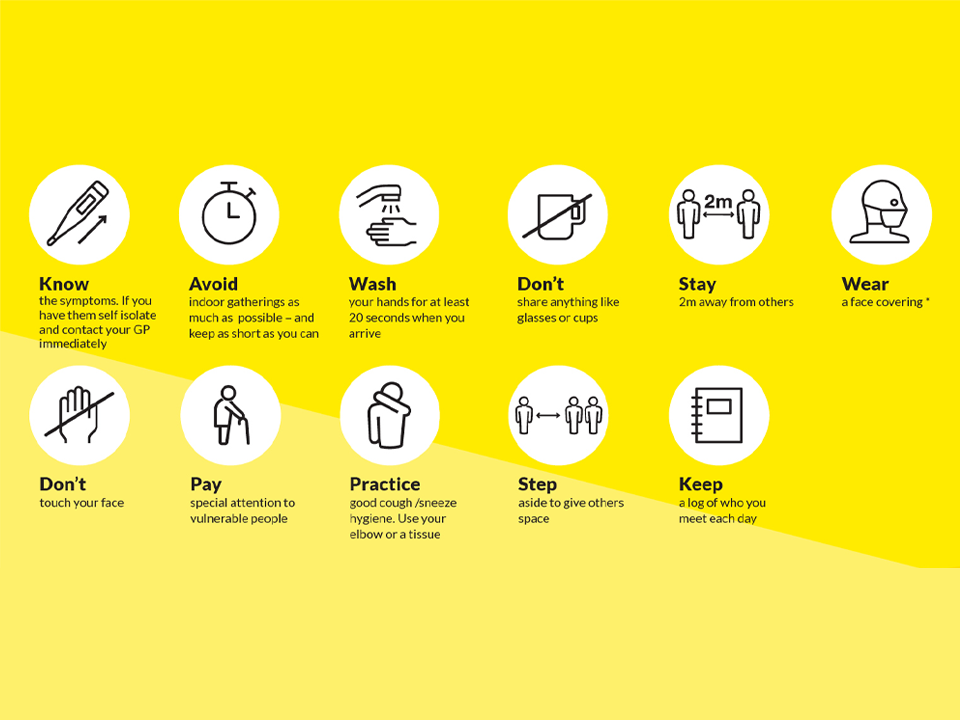Hurricanes are massive storm systems that form over ocean water and often move toward land. Hurricanes bring high winds, heavy rain, storm surge (rise in water level), flooding and tornadoes. These storms are dangerous and can cause damage to places far inland. Prepare now so you can stay safe.
What Should You Do Before a Hurricane?
Determine your best protection from high winds and flooding. Have a plan to evacuate and a plan to shelter safely. Take time now to gather the supplies and knowledge you will need when the storm arrives.If advised to evacuate, do so immediately and go to a safe place.
- Know where you will go, how you will get there, and where you will stay.
- Plan well in advance if you will need help leaving or use public transportation.
- Mobile/manufactured/trailer homes and recreational vehicles (RVs) cannot provide safe shelter from tropical-storm or hurricane-force winds
